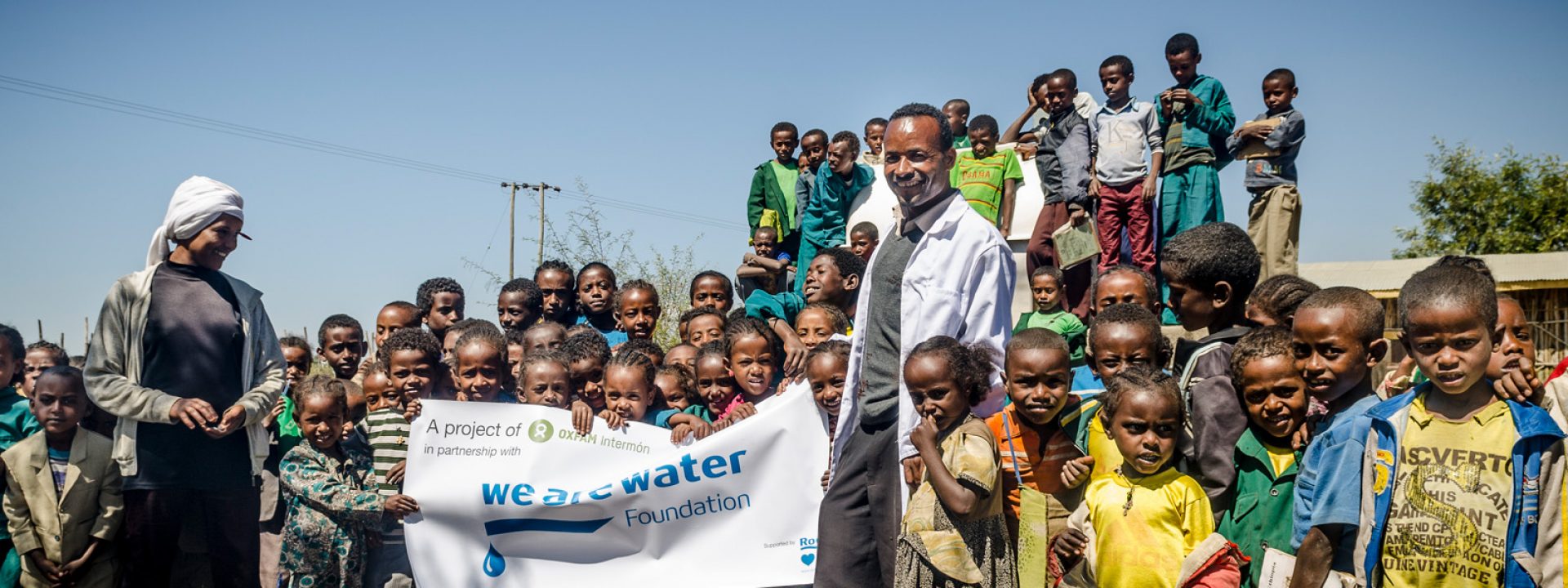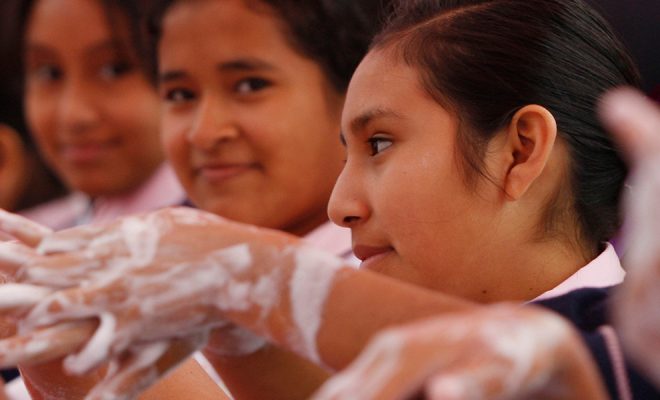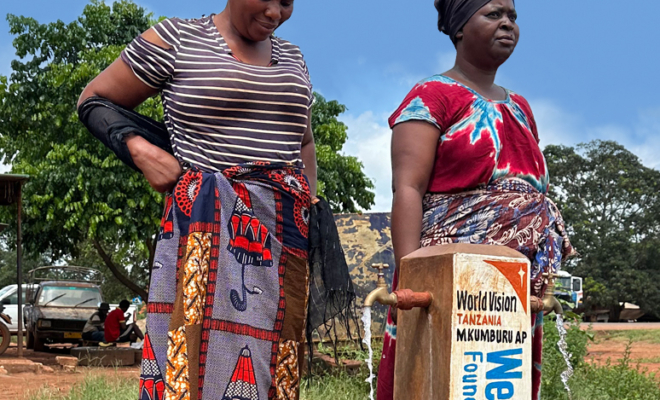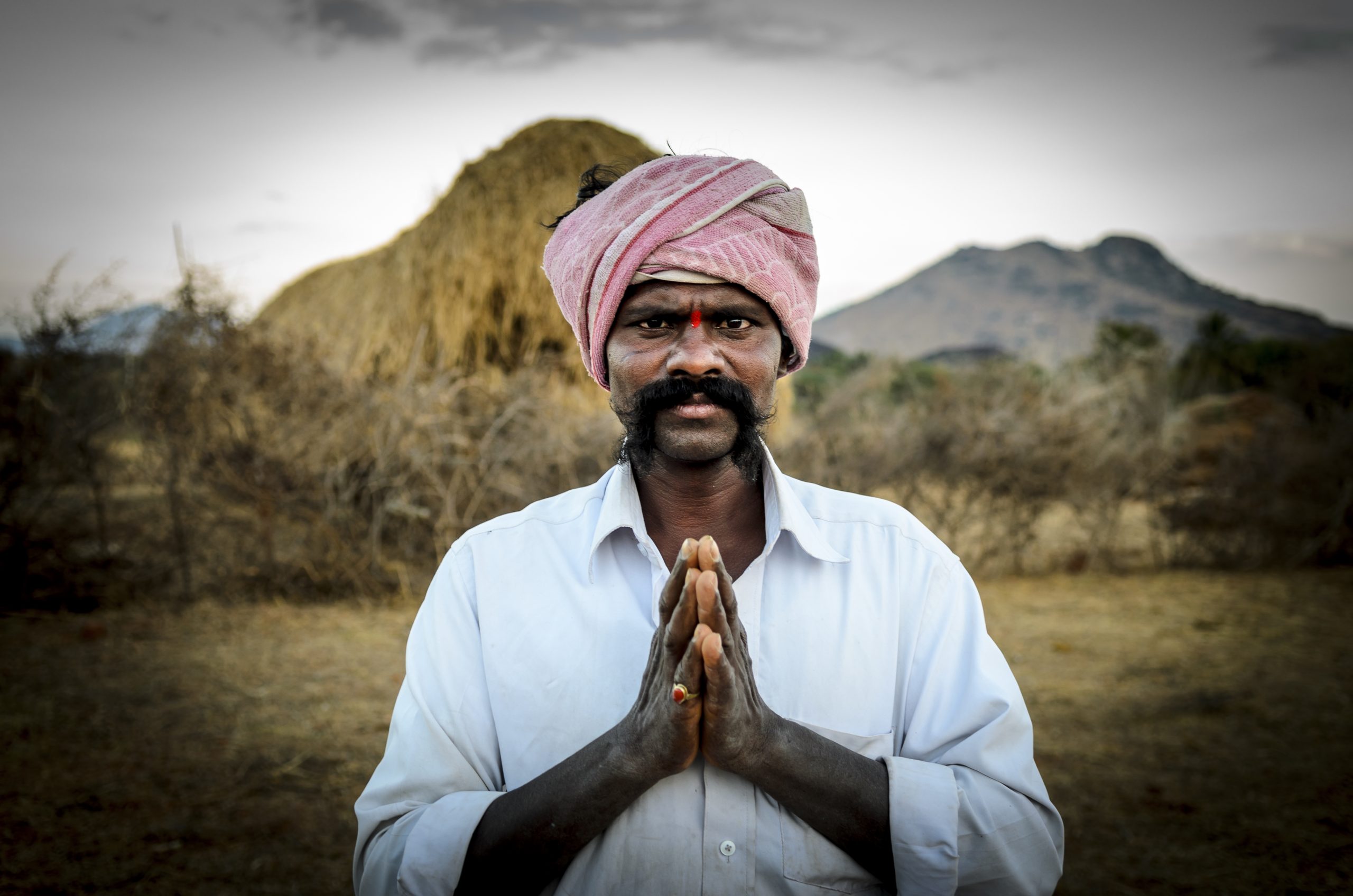
© Carlos Garriga/ We Are Water Foundation
In the industrialized world, the first to receive the impact of coronavirus, the pandemic has suddenly shown, in a matter of weeks, days, the inability of governments to stop the spread of the disease in the first place, and that of the most advanced health systems to treat it afterwards. This evidence has generated a high dose of uncertainty and the consequent generalized fear of the unknown, in the face of a very complex problem in which variables arise every day that were not foreseen the day before.
However, the very complexity of the problem shows us that the solution needs to be a collective one. There are no single solutions provided by enlightened politicians or scientists, but multiple combined solutions that arise from the acceptance of uncertainty as a starting point and from the coordinated work of scientists, doctors, economists and sociologists; from the collaboration between governments and companies; from the serene work of every one of us who, in the face of our unexpected vulnerability, need to change the way we see reality and assume the reasoning that what is effective today may not be valid tomorrow, and that governments need to accept this certainty to achieve efficient solutions. We are obliged to collective intelligence to find our way out of the tunnel.
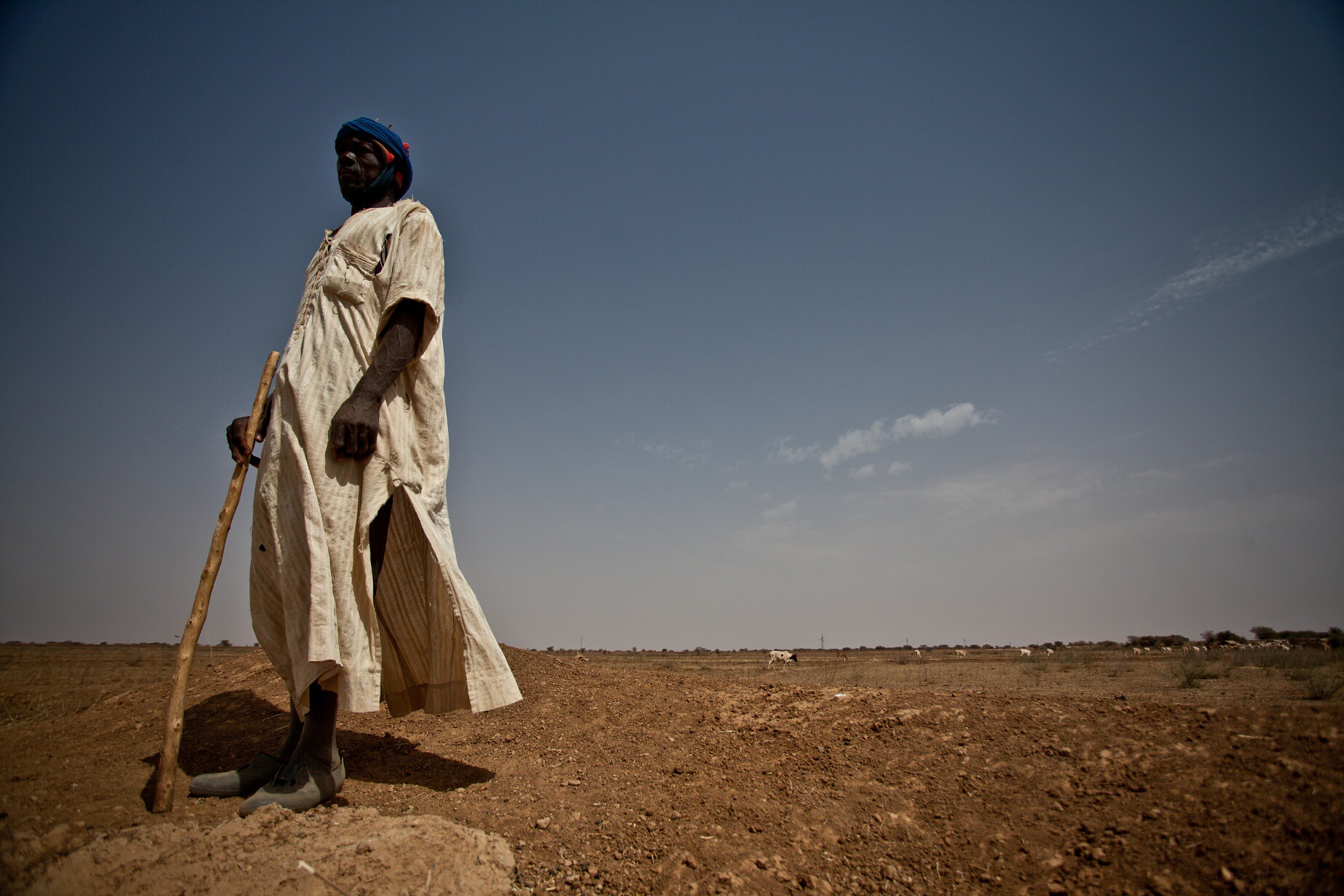
From the water world leads us to assume the threat that this pandemic poses to the rest of the poorer. © Mauritania _ Oxfam International
Similarly, we need to assume that anything local or sectoral becomes global. Nothing is isolated: we saw it when the financial irresponsibility led the world to a humanitarian crisis in 2008 and the environmental stupidity has created a climate crisis that threatens to further degrade our habitat in the near future. The water world has clearly shown it: problems need to be addressed from a global and collective perspective.
And this same vision from the water world leads us to assume the threat that this pandemic poses to the rest of the poorer and less technologically capable world; a world with socioeconomic structures that hinder confinement or make it impossible and with medical resources that are much more precarious than those that are already being overwhelmed in the most advanced countries.
Water, sanitation and demography, key factors
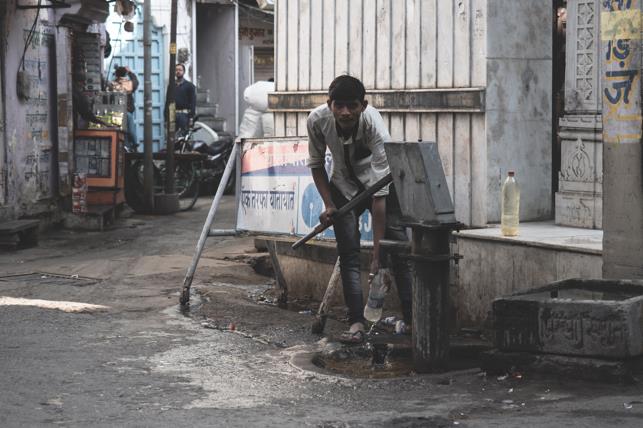
It is estimated that around 2.1 billion people of the world do not have a water supply located at the point of use, available when it is needed and uncontaminated. © Patrick Beznoska – unsplash
According to the latest WHO report, the lack of safe access to water affected 29% of the world population in 2015. Nowadays, it is estimated that around 2.1 billion people do not have a water supply located at the point of use, available when it is needed and uncontaminated. Of these, 838 million do not have drinking water to meet their basic drinking, cooking and cleaning needs, a figure that includes 159 million people who directly rely on surface waters (rivers, lakes, ponds and even puddles). How is it possible to even think of the social confinement measures implemented by the governments of rich countries in these circumstances?
Hygiene strategies for handwashing are even more problematic: UNICEF warns that in less developed countries 75% of the population does not have access to facilities with basins and running water, soap and efficient drainage in their homes.
The human geography of poor countries is another risk factor that makes it extremely difficult to control the exposure to the virus through confinement and social distance. The most evident case is India, which, with over 1.3 billion inhabitants, has some of the more densely populated cities in the world. The almost 19 million people in Mumbai, for instance, reach an average density of 21,000 people per square kilometer, one of the highest in the world, and nearly half of them live in marginal neighborhoods without the minimum sanitation conditions and access to water. On the other hand, most of the population in India does not have universal health care and the health infrastructure and drug provision can be totally inexistent in rural areas
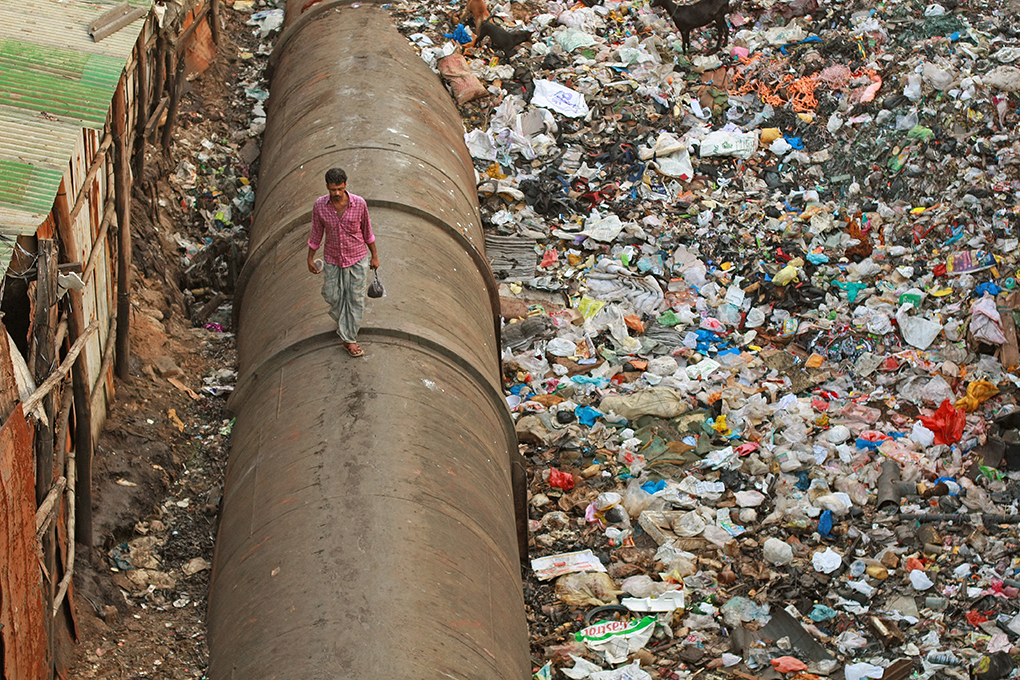
The journey to from market to home for a resident of the Dharavi slum, Bombay, India. © Meena Kadri
Solidarity, a universal tool
But the COVID-19 disease is much more than a health emergency. It has the potential to create devastating social, economic and political crises that will affect the entire world and will hinder the attainment of the Sustainable Development Goals by 2030.
The reality of those who are worst off forces us to look at the crisis from a different perspective. It has made us discover the value of collaboration well beyond hierarchies, social and economic classes, frontiers and ideologies. In highly complex situations like the one we are experiencing, the end of the tunnel can only be collectively and immediately achieved. We know it and it is difficult to accept it as we are not used to thinking this way; this happens with climate and the care of the environment: we postpone in time any solidarity actions, those which are intelligent and effective. But now it is different, the virus leaves us no margin in terms of time. Solidarity is, at the same time, cause and effect of collective intelligence. It will be the key to overcome this situation.


